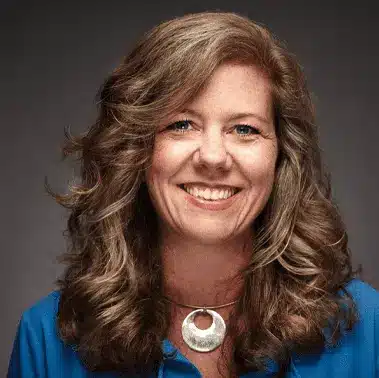On November 3, all five states that had cannabis legislation on the ballot passed. Arizona, South Dakota, New Jersey, and Montana approved adult-use, and South Dakota and Mississippi passed medical cannabis use. We now have 35 states plus the District of Columbia with medical cannabis laws and 15 states plus the District of Columbia that allow adult-use cannabis. We have surpassed our previous record with 34 states approving medical cannabis in the early ’80s. These historic numbers clearly demonstrate that the majority of Americans support cannabis.
Challenges Facing the Medical Cannabis Industry and Users
With growing interest and access to cannabis, many people are surprised when simple things like banking, health care, and education are potentially off-limits for the medical cannabis industry and even some medical cannabis patients. Despite 2/3rd of the country passing medical cannabis laws, cannabis remains a Schedule I drug. The Schedule I status allows entities to deny cannabis users and businesses the right to banking, health care coverage for cannabis use, employment, workplace protections, housing protections, and educational opportunities. These challenges will persist as long as cannabis is classified as a Schedule I drug.
Discrimination and Legal Challenges for Cannabis Users
Many people are using cannabis to replace other allopathic approaches, and yet these patients do not have the same safeguards offered to them that come with allopathic treatments. In some cases, cannabis users are forced to either give up their medicine or risk losing their jobs, their homes, and even educational opportunities. In one recent case, a nursing student in Pennsylvania was told she could continue taking her cannabis, but if she took a drug test and failed, she would be kicked out of the nursing program.
The decision that the nursing student must make is not an easy one: even though her treatment has been authorized by her physician, she was not afforded the same protections that come with other allopathic treatments. In times of adversity and stress, some will adapt, build resilience, and change the game. The student did not accept that she needed to choose one over the other, and instead, she filed a discrimination complaint. Unfortunately, the court panel decided that her cannabis use was not acceptable and dismissed her case. While not surprising, the fight is far from over.
Are you interested in becoming a holistic nursing professional?
Visit the links below to explore our holistic nursing programs:
Building Resilience Through Advocacy
Scenarios like this are stressful, discriminatory, and unfair. However, the difficulty that cannabis users face can help them build resilience. Being a warrior comes with the territory as a medical cannabis user. In the process of fighting for equal access and rights, many will find a sense of purpose, community, and new meaningful relationships. Developing and maintaining resilience won’t eliminate the difficulty one will face; however, it will lead to empowerment and both professional and personal growth.
Are you interested in learning more about the proper use, indications and contra-indications of medical cannabis as part of an integrative healthcare approach? Pacific College’s 8-credit medical cannabis certificate program is also available as an elective in the holistic nursing, public health education and health & human performance programs! Pacific College is regionally accredited by WASC’s WSCUC and offers financial aid to those who qualify. Visit our calendar page to see a schedule of our free upcoming info sessions.
Featured Posts:
- Nursing Guidelines for Medical Cannabis
- Medical Cannabis Certificate Alumni Highlight: April Hatch MSN, RN
- Bridging the Gap: Why the U.S. Need Clinicians with Expertise in Medical Cannabis
- Eloise Theisen, Pacific College Medical Cannabis Faculty Member, Cited in CRx on the Role of Cannabis in Brain Health

